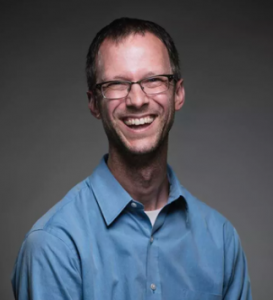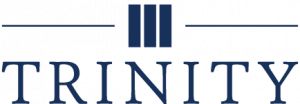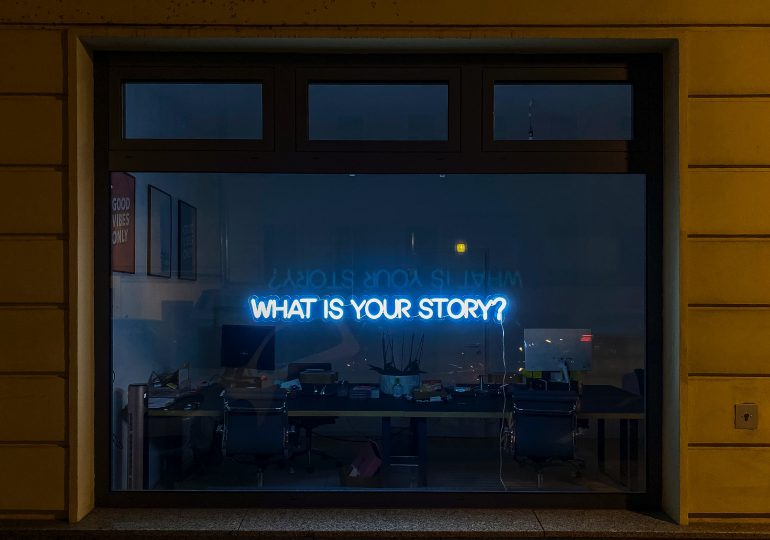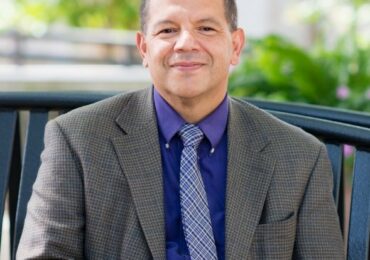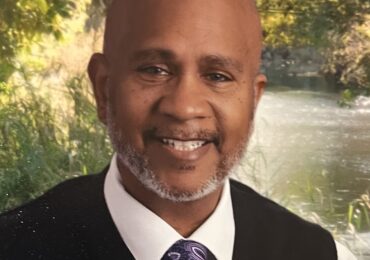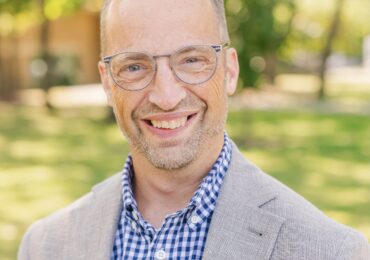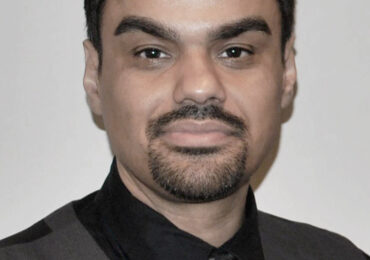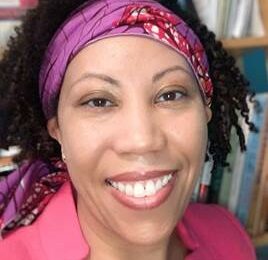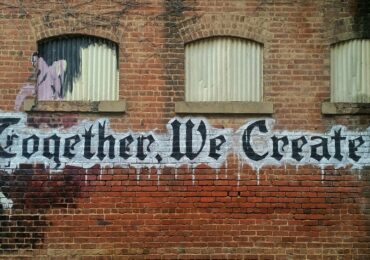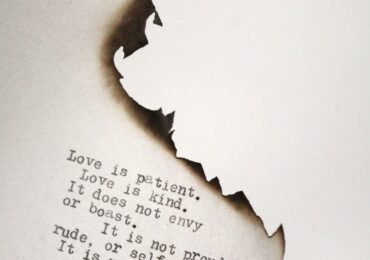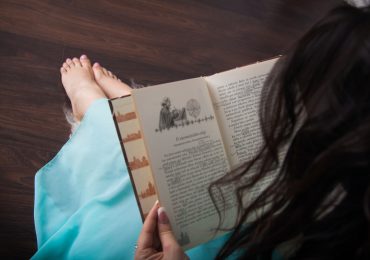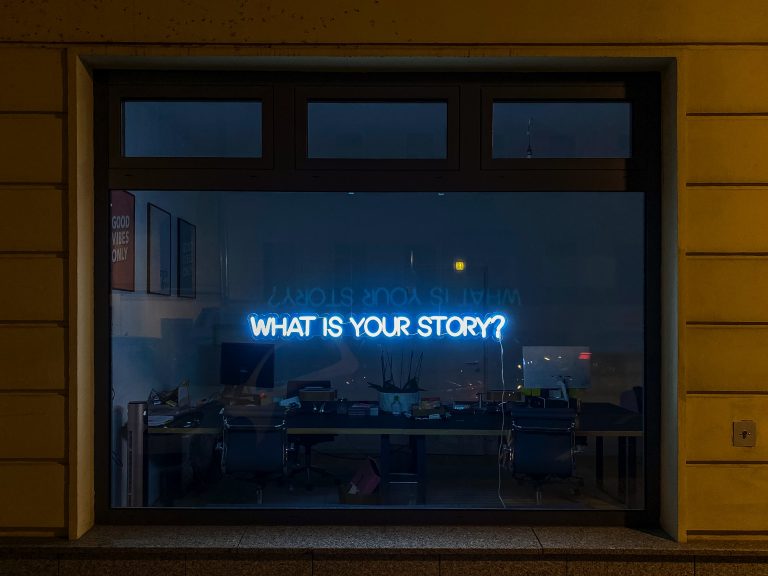
On the first day of every course I teach, I talk with students about God’s call in their lives. Not in big, grand terms of life choices or of Trinity’s vision of vocation that encompasses all of life, but rather in specific, local terms of our shared course for this one semester: that God has called us into this particular shared course, that each person and their perspectives are valued, that our shared project of learning is incomplete without them. In short, I tell students, “Your story matters.” Throughout my courses, I then constantly seek ways for students to share their stories and perspectives, to know that each of their voices is valued and valuable in this space.
In her chapter “Engaged Pedagogy” in Teaching to Transgress: Education as the Practice of Freedom, bell hooks attests that education should engage students as full persons, an approach that resonates deeply with Trinity’s mission and the work of a Christian liberal arts education. This fights against what hooks calls the “banking system of education,” which sees students as consumers rather than as whole persons (14). It calls students to active participation in learning and calls professors to encourage, even require, such active participation. We teach and learn not simply for information, but for “knowledge about how to live in the world” (15).
But this approach also requires professors to give up perspectives that are often assumed in the university: professor as expert, professor in power, professor as the final word in the classroom. Instead, professors can live as we are: human, fallible, deeply human, one voice among the many to whom this classroom belongs. And we can invite students to the same.
In so doing, we welcome students into patterns of taking their learning personally. I’m not speaking here about ways we encourage students to be responsible for their own education, but rather of how we can work to engage learning as whole persons and allow such learning to affect us as whole persons. In Witness: Lessons from Elie Wiesel’s Classroom, Ariel Burger quotes Wiesel: “It is not enough to know the facts. . . . We must take things—history, current events—personally” (qtd. 24). Burger goes on to describe how Wiesel encouraged this kind of learning by modeling for students an approach to reading that always probed the moral and ethical dimensions of a text. Wiesel further revealed ways that reading, if we let it, can “question us”:
He means that the students must pay careful attention to their reactions and responses to literature, to the questions to which they return, to the characters that capture their imaginations. In this way, the books read them, shedding light on their leanings and assumptions, raising self-awareness. (24)
We know and teach at Trinity that “It is not enough to know the facts.” What can we do even more in our approach to teaching and learning, reading and writing that encourages our students to take all their learning personally?
In all our teaching and learning, we must do all we can to express to students their calling as full human persons in this one time and place. Through our words and through our inviting of their words, we must constantly affirm that they and their perspectives are valued and valuable. We must express to each student, “Your story matters.”
References:
bell hooks, Teaching to Transgress: Education as the Practice of Freedom (New York: Routledge, 1994).
Ariel Burger, Witness: Lessons from Elie Wiesel’s Classroom (Boston: Houghton Mifflin Harcourt, 2018).
